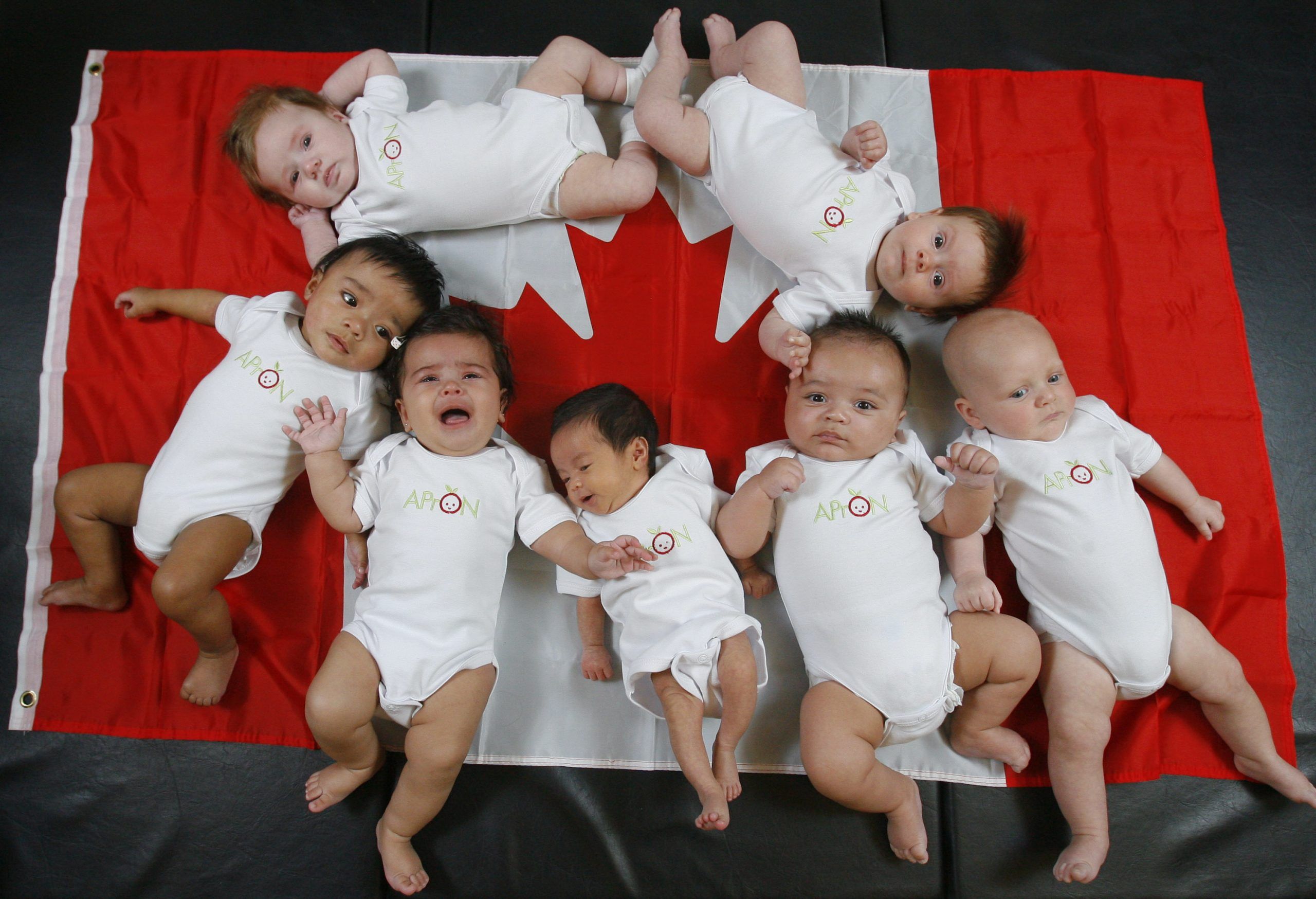Statistics Canada confirmed last week that 351,679 babies were born in 2022 — the lowest number of live births since 345,044 births were recorded in 2005.
The disparity is all the more notable given that Canada had just 32 million people in 2005, as compared to the 40 million it counted by the end of 2022. In 2005, it was already at historic lows for Canada to have a fertility rate of 1.57 births per woman. But given the 2022 figures, that fertility rate has now sunk to 1.33.
…
Of Canadians in their 20s, Statistics Canada found that 38 per cent of them “did not believe they could afford to have a child in the next three years” — with about that same number (32 per cent) saying they doubted they’d be able to find “suitable housing” in which to care for a baby.
…
A January survey by the Angus Reid Group asked women to list the ideal size of their family against its actual size, and concluded that the average Canadian woman reached the end of their childbearing years with 0.5 fewer children than they would have wanted
“In Canada, unlike many other countries, fertility rates and desires rise with income: richer Canadians have more children,” it read.



Look at what we did to the planet with the current (and smaller) population sizes. You think adding MORE people isn’t going to become an issue?
We are, in the near future, going to have a mass migration of people away from no longer inhabitable land.
Those people you’re talking about aren’t going to give up power and let “average people” right the ship. And those same “average people” have been placated and conditioned to buy shiny trinkets and celebrate touchdowns and home runs instead of organizing and uprooting the real problem makers.